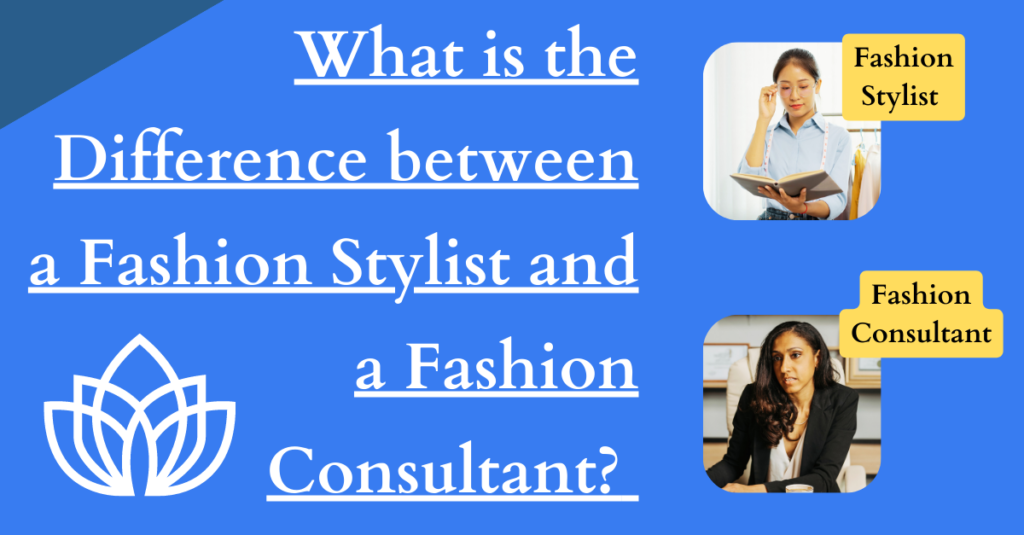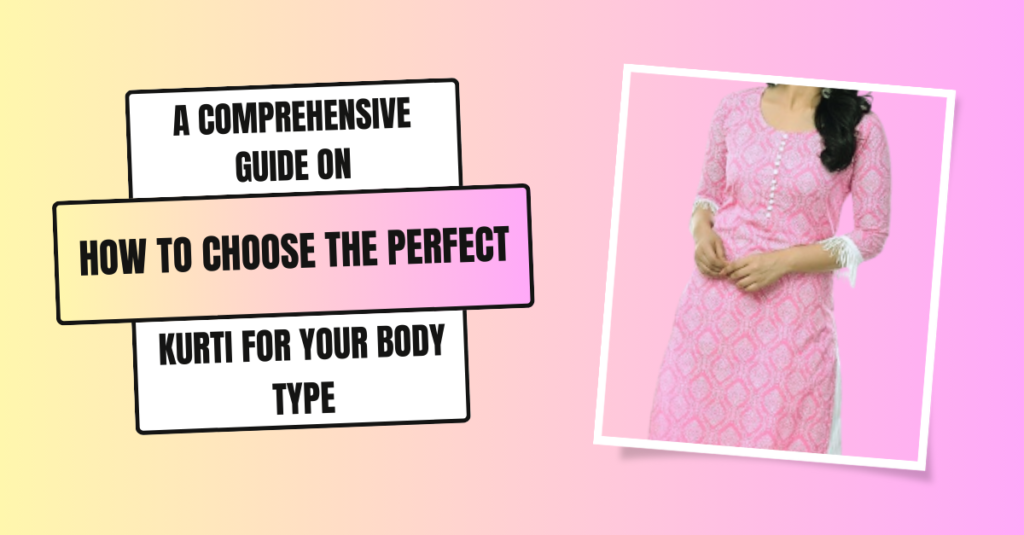What is the Difference between a Fashion Stylist and a Fashion Consultant?
Introduction
In the ever-evolving tapestry of the fashion industry, two roles emerge as critical players in the realm of personal and brand aesthetics: the fashion stylist and the fashion consultant. While their paths may intersect in the world of attire and elegance, each role carries its unique set of responsibilities, skills, and objectives. In this exploration, we delve into the nuanced differences that set these professionals apart, shedding light on their distinct contributions to the world of fashion.
-
Defining the Roles
Fashion Stylist: A fashion stylist is a creative visionary who takes on the responsibility of curating captivating and aesthetically pleasing ensembles. Beyond merely selecting clothing items, a stylist crafts a narrative through fashion, skillfully blending pieces, colors, textures, and accessories to create compelling visual stories. Whether it’s for runway shows, editorial spreads, or high-profile events, fashion stylists possess a keen eye for trends, an innate understanding of aesthetics, and a talent for breathing life into garments.
Fashion Consultant: On the other hand, a fashion consultant assumes the role of a strategic advisor, offering personalized guidance to individuals seeking to enhance their personal style. Fashion consultants delve deep into the client’s personality, lifestyle, and body type, providing tailored recommendations that reflect their unique identity. They often assist with wardrobe organization, decluttering, and shopping, ensuring that clients build versatile and cohesive collections that align with their aspirations and needs.
-
Key Responsibilities and Tasks
Fashion Stylist: Fashion stylists juggle a myriad of responsibilities that revolve around creating captivating visual narratives. They meticulously select clothing and accessories, taking into account the client’s preferences and the specific theme or concept of a project. Stylists collaborate closely with photographers, designers, models, and makeup artists, contributing their expertise to achieve a harmonious and impactful final result. Additionally, they are required to stay updated on the latest fashion trends and industry developments, as their work often sets the tone for what’s en vogue.
Fashion Consultant: Fashion consultants take a more personalized and client-centric approach. They invest time in understanding the client’s lifestyle, professional commitments, and personal aspirations to offer tailored fashion advice. Wardrobe evaluation and organization are crucial aspects of their role, as they help clients streamline their clothing collections and create versatile outfit combinations. Furthermore, fashion consultants accompany clients on shopping trips, providing guidance on selecting pieces that complement their body type, skin tone, and overall image.
-
Skill Sets and Qualifications
Fashion Stylist: To excel as a fashion stylist, a creative flair and a deep understanding of fashion trends are paramount. Stylists must possess a strong visual sense, an eye for detail, and the ability to think outside the box. Effective communication skills are essential for collaborating with a team, while the capacity to work under pressure and meet tight deadlines is also crucial. Many successful fashion stylists have backgrounds in fashion design, art, or related fields, and some pursue specialized training or apprenticeships to refine their skills.
Fashion Consultant: Fashion consultants rely on a unique blend of interpersonal and analytical skills. Empathy and active listening enable them to connect with clients on a personal level, while their knowledge of body types, color theory, and fashion psychology guides their recommendations. Excellent communication skills are vital for conveying advice effectively, and a sense of organization helps fashion consultants streamline wardrobe management processes. A background in fashion merchandising, psychology, or image consulting can provide a solid foundation for aspiring consultants.
-
Collaboration and Industry Influence
Both fashion stylists and fashion consultants hold substantial influence within the fashion industry and beyond.
Fashion stylists contribute to the artistic and creative aspects of the industry, playing pivotal roles in shaping visual narratives. Their work is showcased on runways, in editorial spreads, and in commercial campaigns. Stylists collaborate closely with designers to interpret their visions, ensuring that every garment is showcased in its most appealing light. Their ability to create memorable and impactful looks often dictates trends and influences the fashion choices of a wider audience.
Fashion consultants, while operating on a more individual level, have a lasting impact on clients’ confidence and self-perception. By tailoring fashion advice to each client’s unique characteristics, consultants empower individuals to embrace their personal style. Beyond aesthetics, fashion consultants often provide guidance on projecting a professional image, making them valuable assets in the corporate world. As clients develop a deeper understanding of their own style preferences, they are better equipped to make informed fashion choices that align with their goals and aspirations.
-
When to Hire a Fashion Stylist or Consultant
Fashion Stylist: Fashion stylists are indispensable for projects that demand creative flair and visual storytelling. Runway shows, editorial photoshoots, and advertising campaigns often require the expertise of a skilled stylist who can translate concepts into captivating visuals. Additionally, individuals seeking to make a bold statement at special events or milestone occasions can benefit from the artistic touch of a fashion stylist.
Fashion Consultant: Fashion consultants are sought after by individuals seeking more comprehensive and personalized style transformations. Those looking to overhaul their wardrobe, redefine their professional image, or navigate major life transitions can greatly benefit from a consultant’s expertise. Job seekers preparing for interviews, individuals undergoing significant lifestyle changes, or anyone seeking a confidence boost through an enhanced appearance can find value in the guidance of a fashion consultant.
Conclusion
In the diverse and dynamic world of fashion, the roles of fashion stylists and fashion consultants shine as beacons of guidance and transformation. While both professionals contribute to enhancing personal style and image, they do so through distinct approaches. Fashion stylists weave artistic narratives through clothing, bringing trends to life on the runway and in editorials. In contrast, fashion consultants offer tailored advice, assisting clients in aligning their wardrobes with their individual identities and aspirations.
The symbiotic relationship between these roles underscores the multifaceted nature of the fashion industry. Whether igniting trends on the runway or empowering individuals to embrace their unique style, fashion stylists and fashion consultants collectively shape an industry that celebrates self-expression and creativity. As fashion enthusiasts and consumers alike seek to navigate the ever-evolving landscape of style, these professionals stand ready to guide them toward sartorial success.

My name is Rohit Vagh and I’m a content writer specializing in fashion and lifestyle. I have three years of experience in this field and have written various articles. My writing style is creative and engaging, and I strive to create content that resonates with my readers. I have a deep passion for fashion and am constantly researching the latest trends and styles to make sure my readers are up to date. I’m excited to continue my career in blogging, and I’m always looking for new opportunities in the fashion and lifestyle space.





